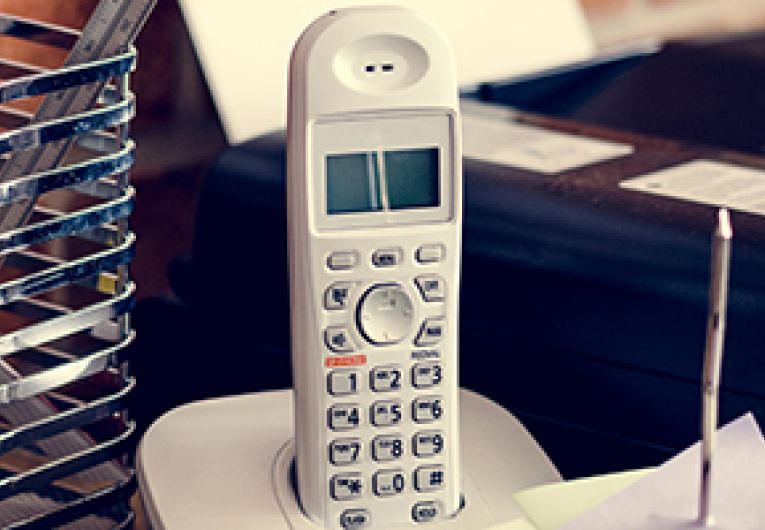
5 Signs Your Business Phone System Needs an Upgrade
To say that small business office phones are important is something of an understatement. Business phone systems are more than just a way to connect your employees with the outside world. They allow for the type of communication, collaboration and innovation that you need to create a competitive advantage for yourself in the marketplace. Or at least, that’s what they should do – provided that you’ve got a phone system that is driving you forward, rather than an outdated phone that is holding you back. Here are five key signs that point to the fact that your business phone system is in desperate need of an upgrade.
Sign #1: Your Phone Systems Aren’t Growing as Your Business Does the Same
Perhaps the most important sign that your business phone systems are in need of an upgrade comes by way of their scalability, or lack thereof. If you find it difficult to quickly add new users as your business brings on new employees, you’re at a severe disadvantage right out of the gate. If this is where you find yourself, a PRI telephone system would be beneficial to you, as multiple lines of voice and data are all delivered to your existing hosted PBX via a single line, making it easy to add or remove users at will.
Sign #2: You’re Worried About Security
Security is a pressing concern in the digital age, especially with the average cost of a data breach continuing to rise. This is another situation in which a PRI phone system would benefit your organization. Because PRI phone systems use physical elements instead of virtual ones, they are often considered to be one of the most secure types of business phone services available.
Sign #3: Your Internet Connection Goes Down, and Your Phones Go with It
If your business regularly experiences internet outages – and you find that your phones go offline at the exact same time – this is another sign that your systems are in desperate need of an upgrade. Voice trunking for business users can absolutely relieve this concern, as the two lines are powered by similar technologies, but operated completely independently of one another. If you experience internet issues, you don’t have to worry about suddenly losing your hosted PBX or PRI trunk as a result.
Sign #4: You Need to Handle Higher Call Volumes, But Can’t
Another one of the major signs that your POTS telephone (plain old telephone system) isn’t cutting it anymore also has to do with growth, but in a slightly different way. As your business continues to grow and evolve, the sheer volume of calls that you’ll handle will do the same. Many standard phone systems for small business users just aren’t built to handle this type of volume… but something like a PRI trunk is. These systems can allow you to reliably add new users (as stated) and handle higher call volumes, all without multiplying your costs or compromising network reliability as a result.
Sign #5: You Need Mobility, and You Need It Now
Finally, the major sign to watch out for that your business phone systems need an upgrade has to do with one powerful little word: mobility. If your employees need to be able to work remotely, they need to be able to handle calls wherever they happen to be. A POTS telephone isn’t going to allow for that. Something like VoIP, on the other hand, will. Employees can handle calls on any device that they have – even while maintaining the same number – without worrying about buying expensive equipment or trying to keep track of complicated user permissions.
Download Infographic
Get a quick overview of phone systems for small business with this easy-to-read infographic from Cable ONE Business. Download here.
Contact Us to Learn More!
If you’d like to find out more information about the many ways in which an outdated business phone might be holding you back, or if you’d like to discuss essential topics such as PRI phone lines or hosted voice and related technologies in a little more detail, please don’t delay – contact Cable ONE Business today.
The trends, insights, and solutions you need to grow your business.
By signing up, you’re subscribing to our monthly email newsletter, The
Wire. You may unsubscribe at any time.
Your information stays safe with us. Learn more about our privacy
policy.











![[#MSP_NAME#] Logo](/themes/sparklight_business/images/transition-logos/migration-banner-logo-[#MSP_CD#].png)
